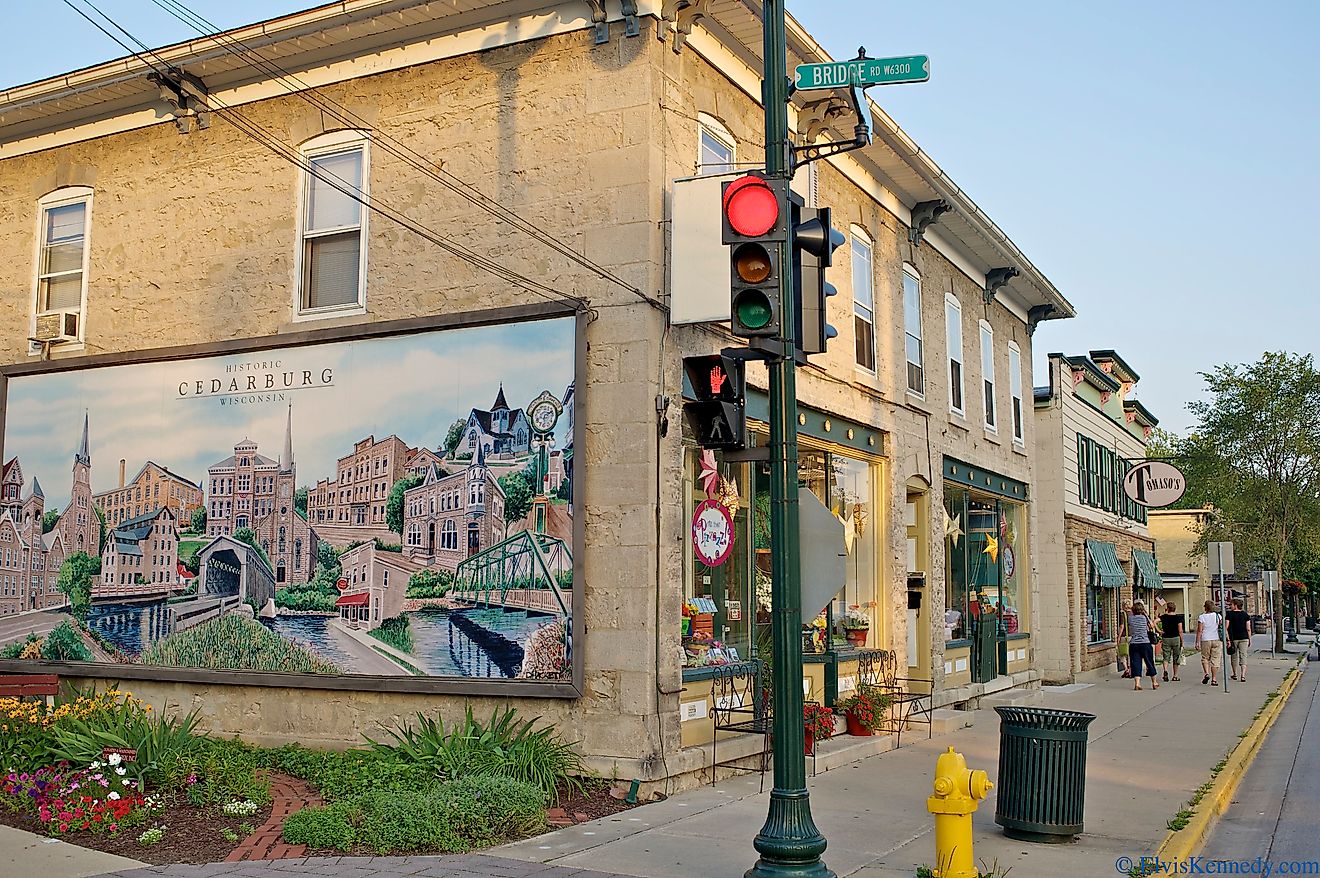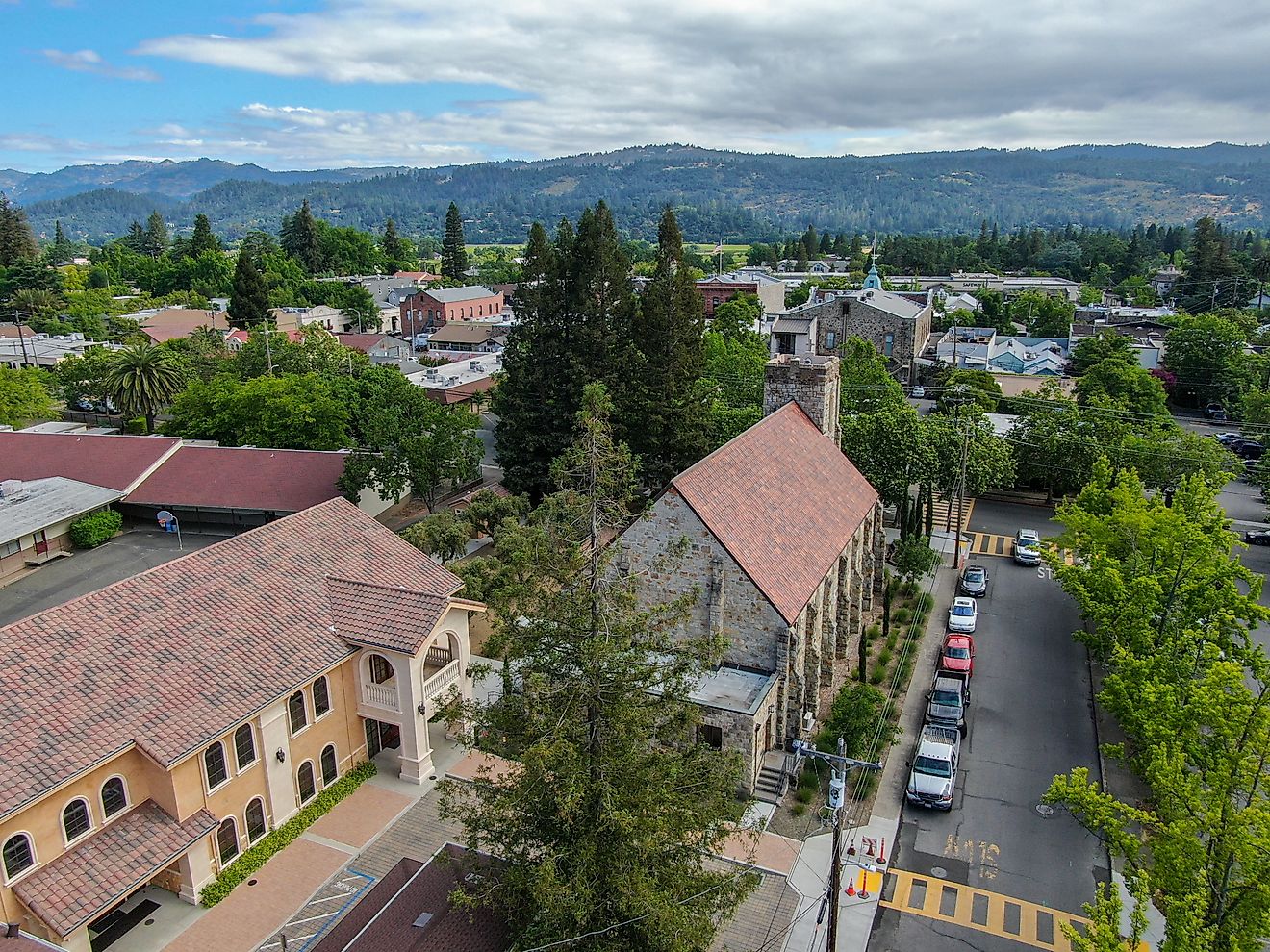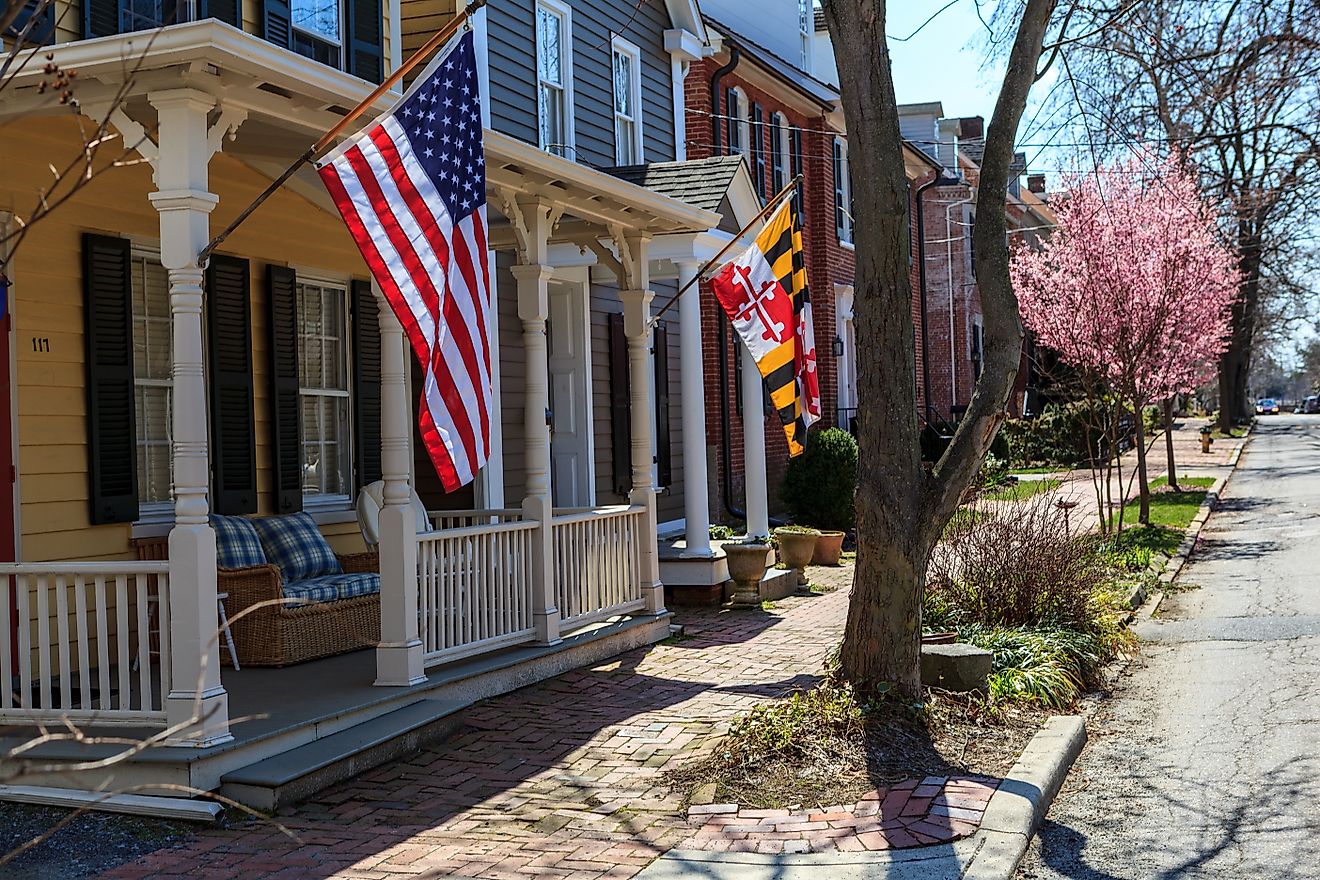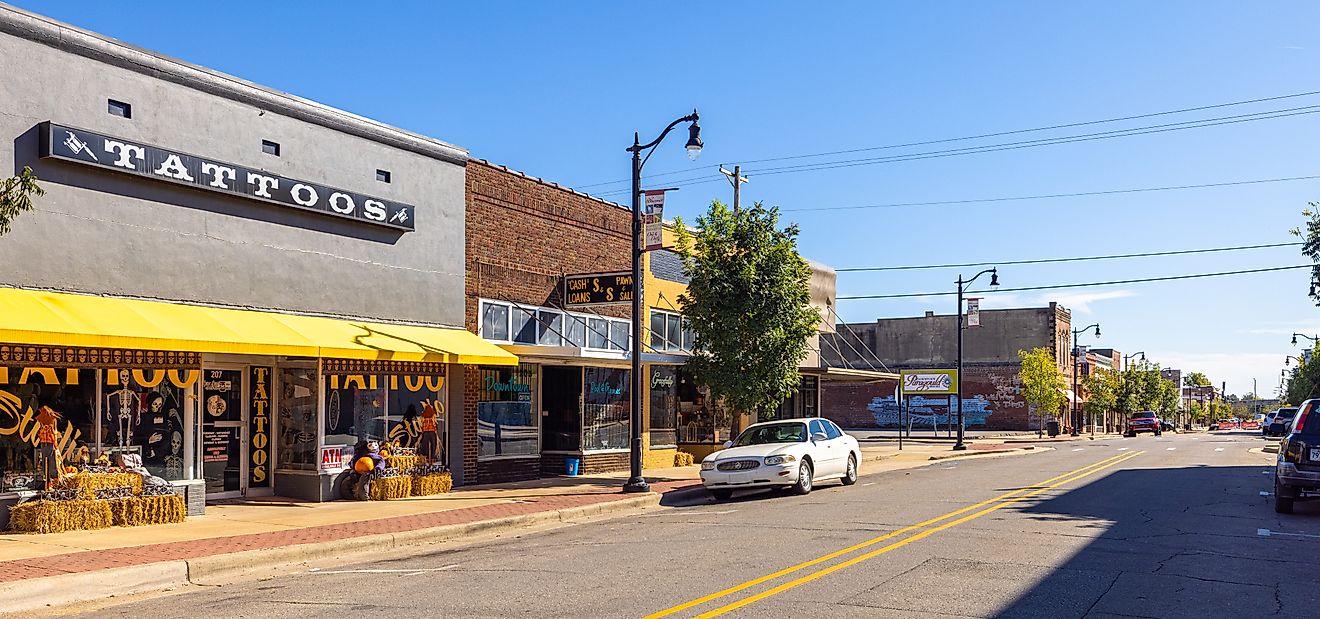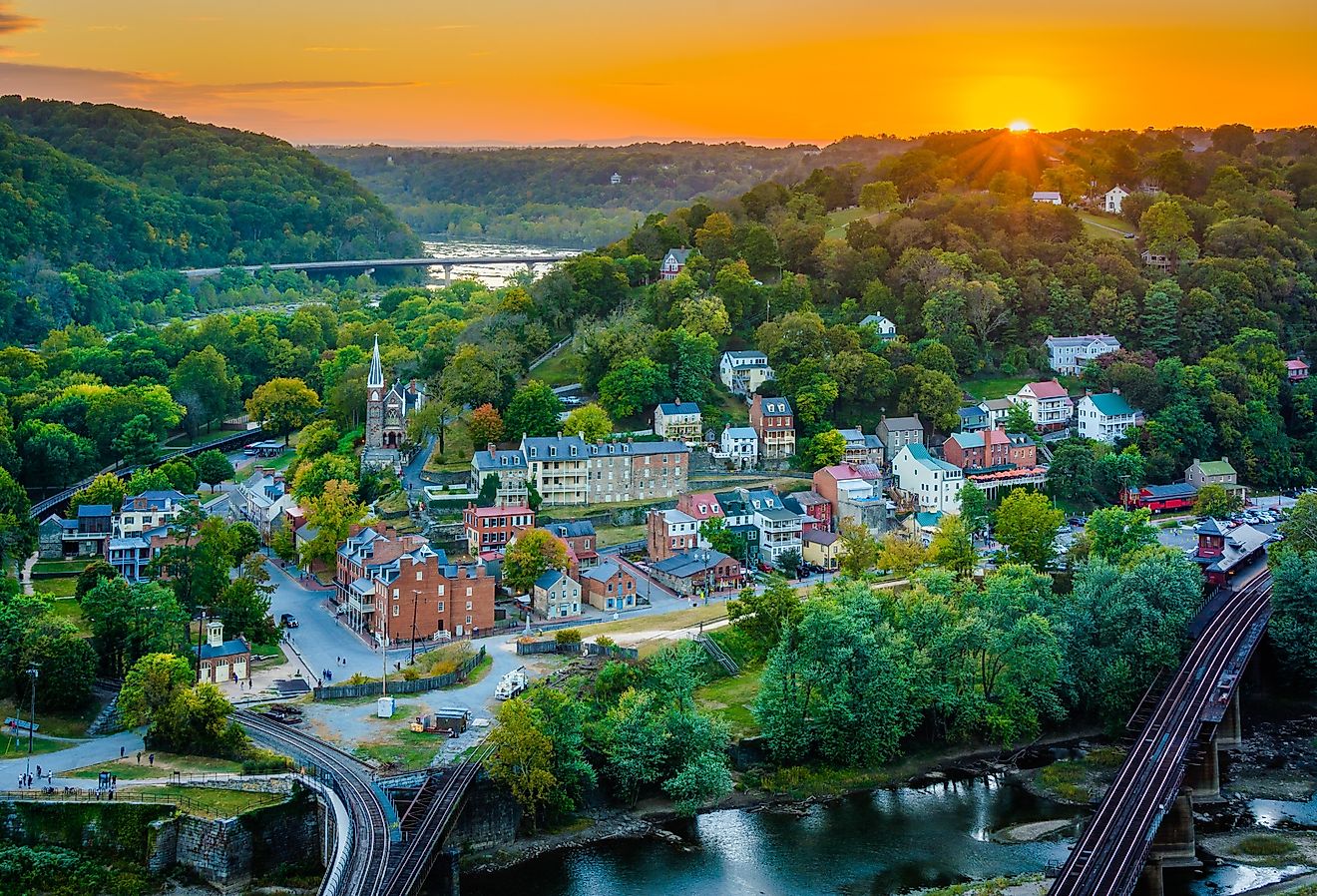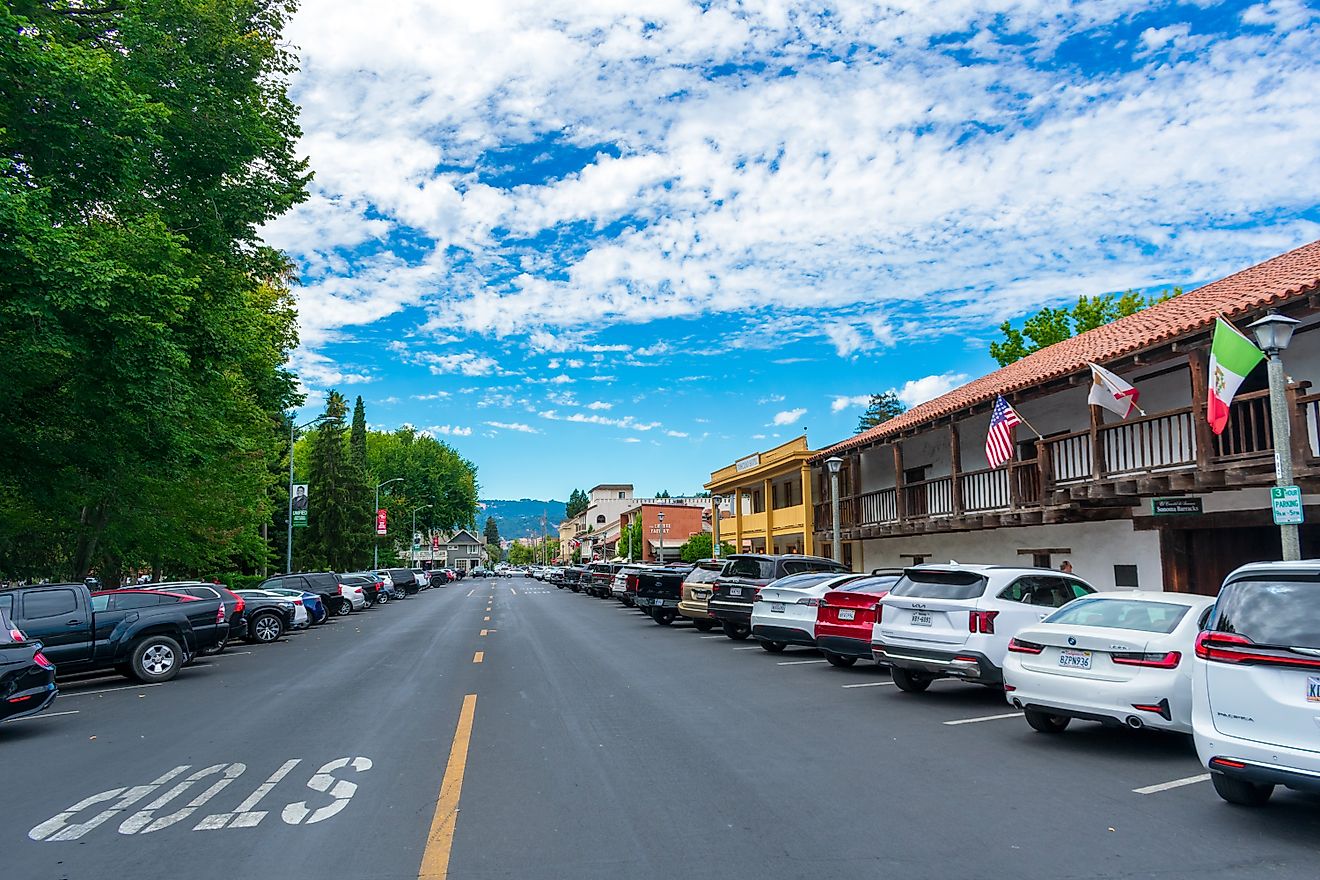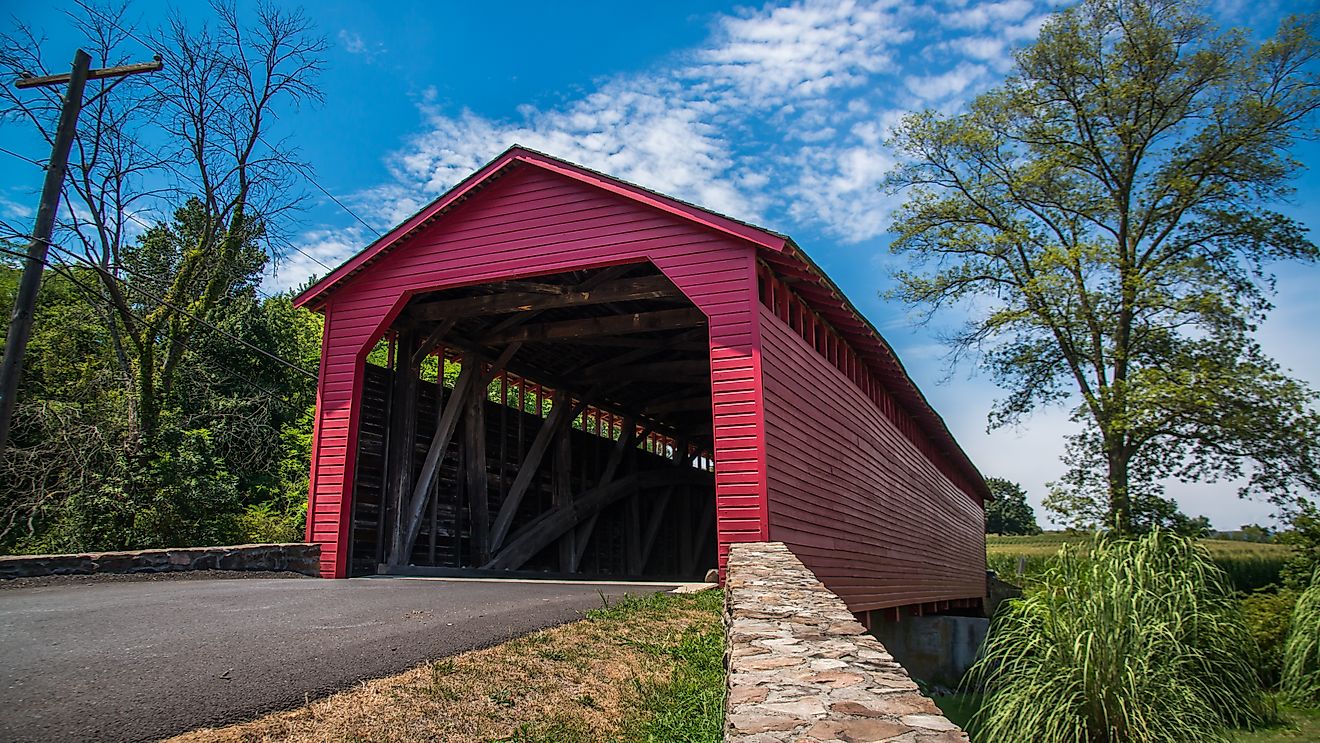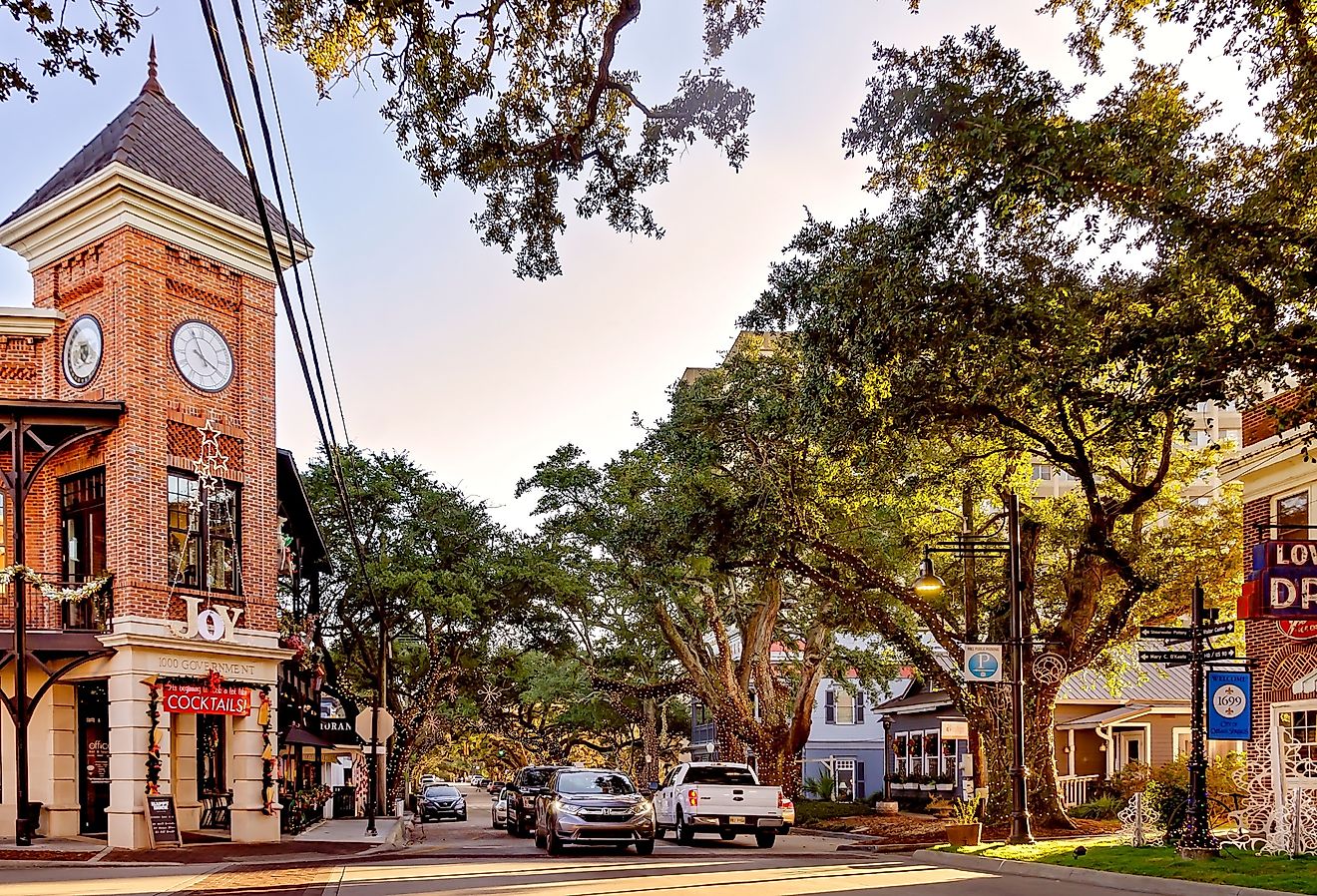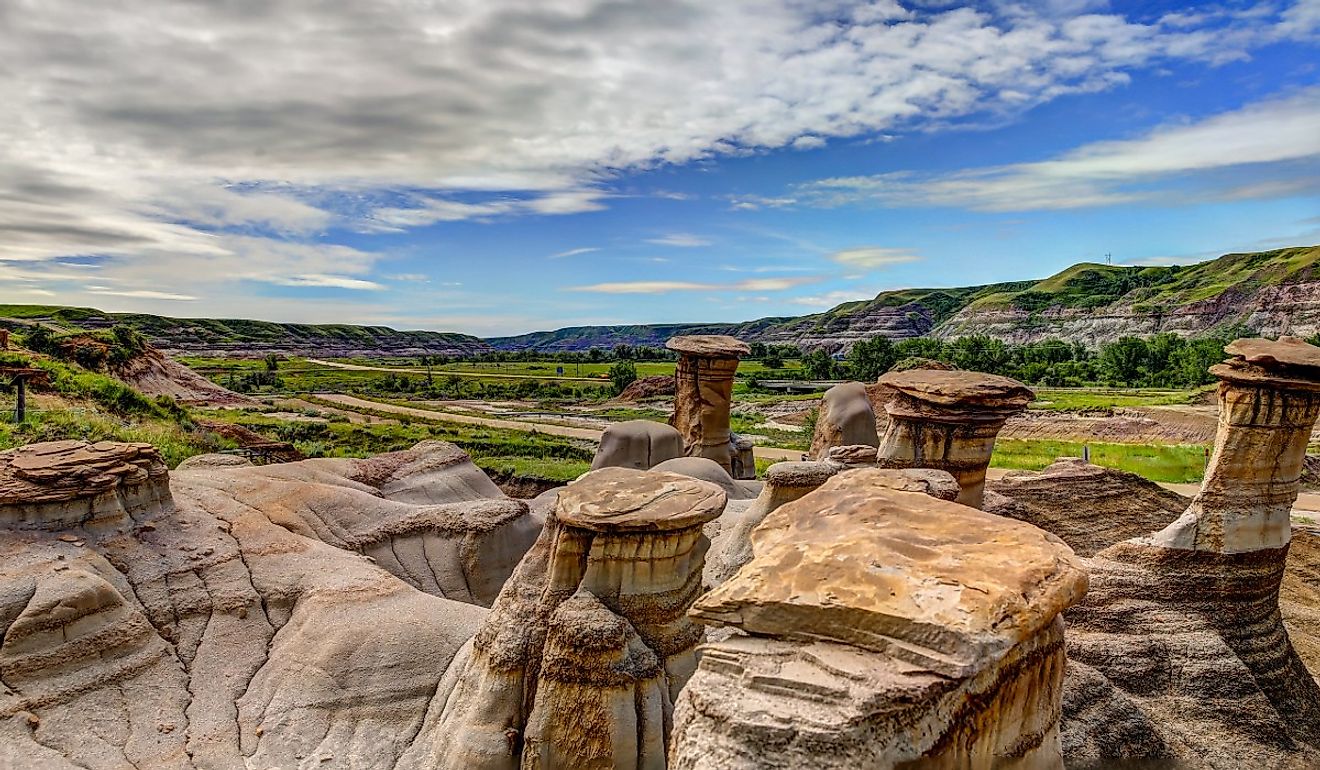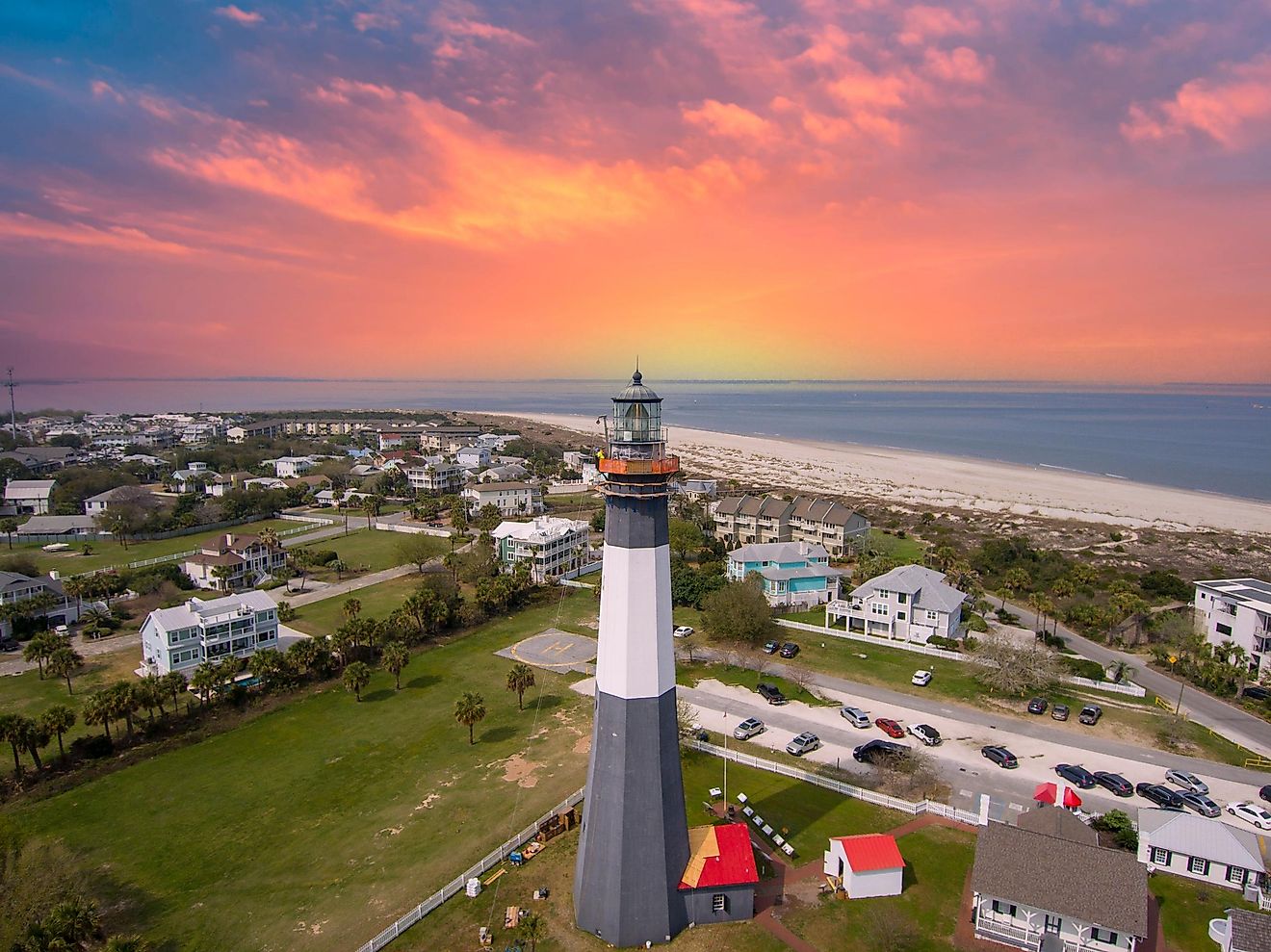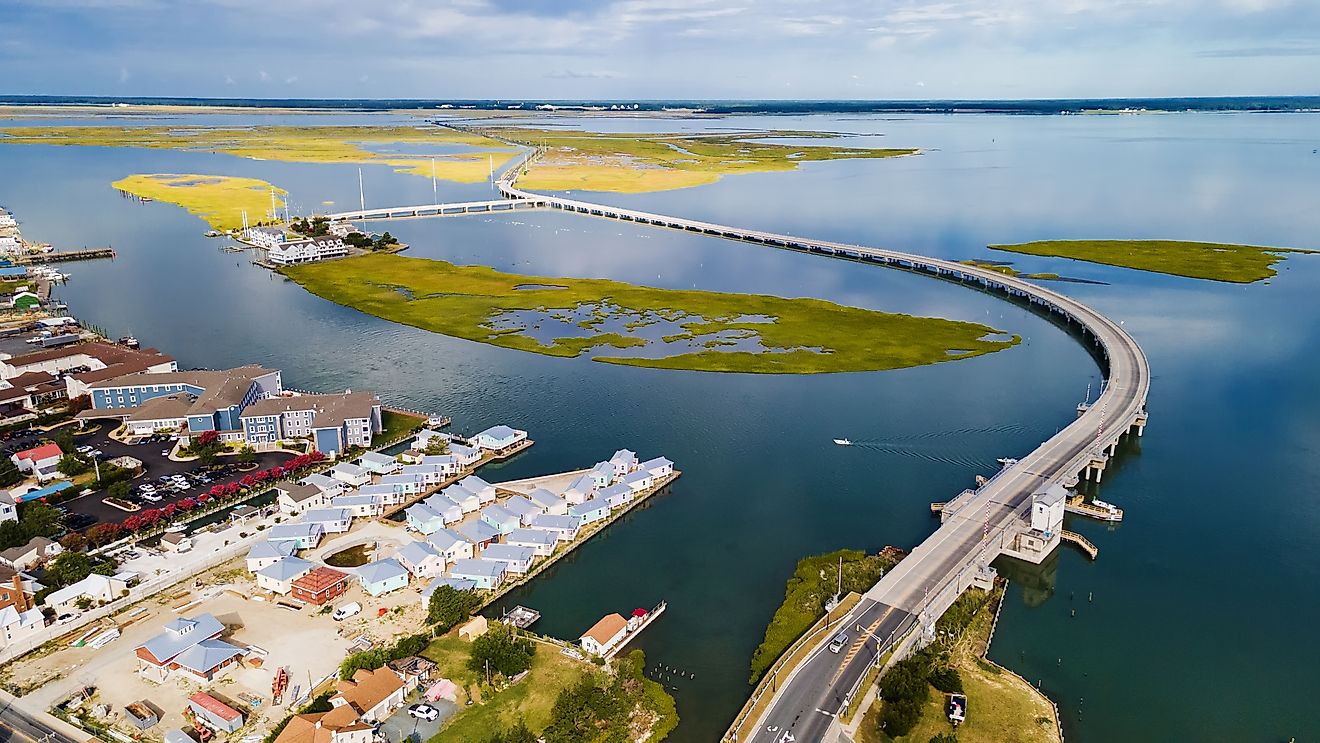
Northampton, Massachusetts
Northampton is a large city situated in Hampshire County in the western part of the US State of Massachusetts. The city is considered the academic, cultural, and artistic hub. Northampton forms a part of the state's Pioneer Valley and is one of the northernmost cities in the greater Hartford-Springfield area.
Geography And Climate Of Northampton
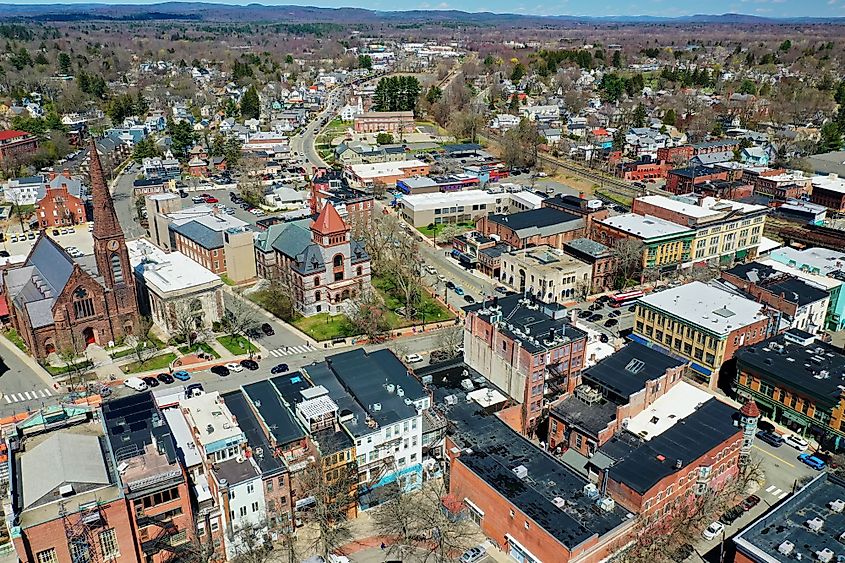
Northampton is situated in the Pioneer Valley on the western side of the Connecticut River in the western portion of the US State of Massachusetts. The city is located about 31km north of Springfield and is bordered by the towns of Easthampton, Hadley, Hatfield, Westhampton, and Williamsburg. Northampton covers a total area of 92.6 sq. km, of which 3.9 sq. km is covered by water, and 92.6 sq. km is occupied by land.
Northampton experiences a humid continental climate, with warm summers and cold and snowy winters. The city receives an average precipitation of 1,172mm per year.
History Of Northampton

The Pocumtuc Native Americans were the earliest known inhabitants of what is now Northampton. The area is believed to have gotten its modern name from John A. King, one of the earliest European settlers in Northampton in the late 1600s. The Pocumtuc people allied with the Mahican Confederacy in a losing battle with the Iroquois Confederacy in the early 1600s. Both Native American nations faced a smallpox epidemic in the 1630s due to the arrival of Dutch and other European traders to the area. This incident enabled the European settlers to move in and buy the land in 1653. Tensions between the various Native American nations, and the settlers, continued throughout the ensuing decades, culminating in King Philip's War. King Philip's War ended in a victory for the New England settlers and their native allies. In the late 1600s and beginning of 1700s, the native allies of the settlers were gradually phased out of New England's life through discriminatory laws, manipulative treaty-making, and sometimes violence. The 1730s saw Northampton participate in the Great Awakening, a Christian revivalist movement led by various protestant denominations. During the mid-1800s, Northampton was home to a burgeoning abolitionist community who believed not only in the abolition of slavery but in equality for people of all walks of life. This also made Northampton a good location for immigrants from around the world, as well as black freedmen and women from the US itself. The city suffered economic and population decline in the 1960s and 70s but began to see a second progressive revival in the 1980s, as the city began to host pride parades in 1982 that continue unto this day. The city is a hub of progressive thought on many issues such as race relations, LGBT rights, women's rights, and anti-nationalist sentiment. The city is also known as a prime location for musical and artistic expression.
The Population And Economy Of Northampton

The largest ethnic group in Northampton is the White population, at around 88.50 percent. The second-largest is the mixed-race population, at 4.17 percent, followed by Asian-descendant people at 3.32 percent, and then by the black community at 2.16 percent. Northampton has the highest percentage of same-sex couples per capita in the United States. The majority of the city tends to be irreligious, with only 42 percent of Northampton identifying with a religion. Within the religious population, a majority identify as Catholic Christian, at 32.2 percent. The Presbyterian tradition of Protestantism is the second-highest religious population, at 2.8 percent. There is also a 1.3 percent Jewish population in Northampton.
Tourism and the arts tend to be the most significant economic money-makers for Northampton. Northampton is also home to Smith College, a historic women's college, the largest women's college in the Seven Sisters college community. The Seven Sisters is a set of colleges for women that are considered highly illustrious and competitive, as well as historical in the struggle for women's rights. Furthermore, Smith College was also the site of the first-ever women's basketball game in 1892.
Attractions In Northampton

Things to see and do in Northampton are plentiful. You can see the First Church. This is the home of the leader of the First Great Awakening, Jonathan Edwards. Northampton also uniquely hosts the Django in June festival, a summer musical event that celebrates Romani/Gypsy music, particularly Gypsy Jazz. You can enjoy a performance or show at the Academy of Music and Theatre, or you can visit one of Smith College's many interesting exhibitions. Smith College has a botanical garden where you can get lost in wonderful nature and plants. There is also the Smith College Museum of Art, which houses displays and works of various styles. Smith College also has an athletic program, the most accessible for spectators being its basketball program, the Smith Pioneers. Pioneers basketball is played at Ainsworth Gymnasium. Finally, there is the Calvin Coolidge Presidential Library and Museum. This facility, within Forbes Library, preserves some of the most important documents and papers belonging to President Calvin Coolidge, who studied law in Forbes Library. The Museum aspect of the facility memorializes Coolidge's own life and accomplishments.
